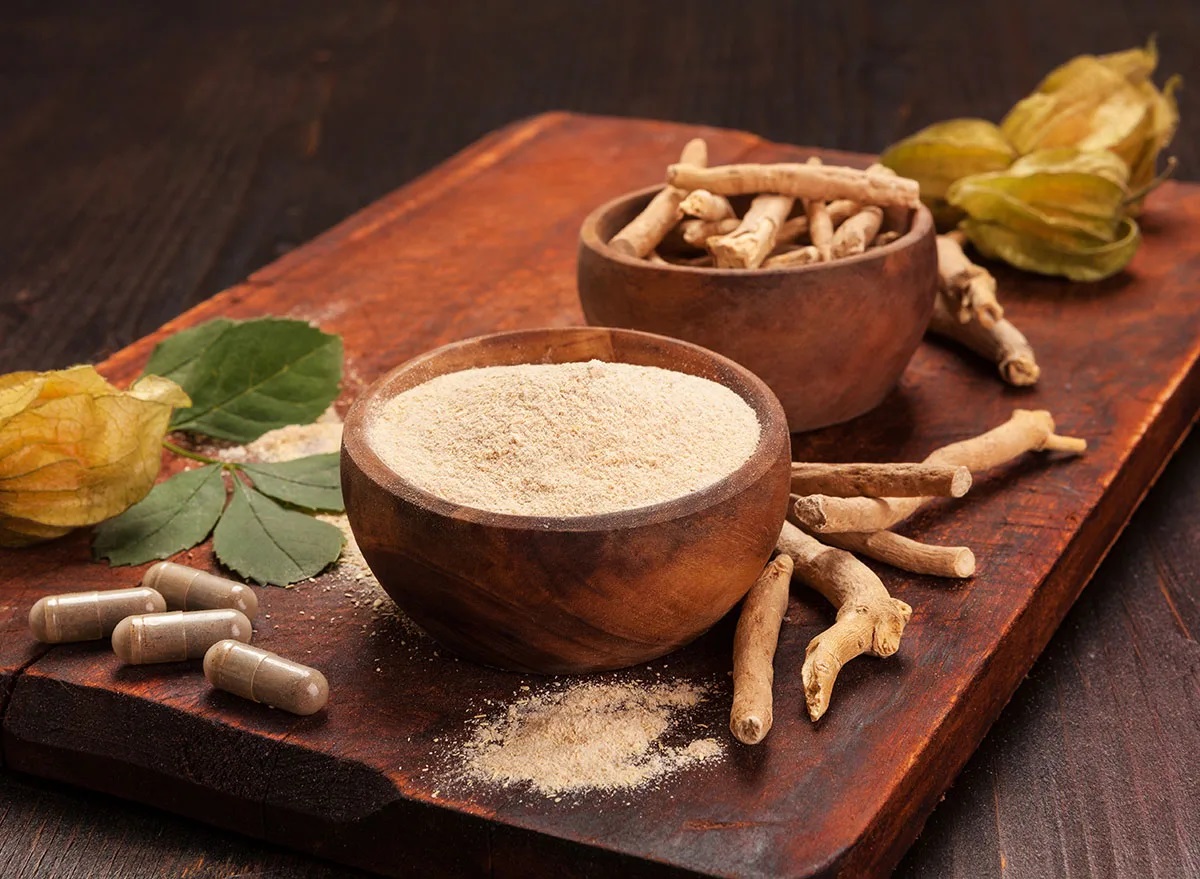Ashwagandha is an ayurvedic herb. It has been used for many types of problems. It is the most popular form of ayurvedic medicine. After years of research, researchers found that it has a wide range of benefits that it offers. Before using it, you should understand. What is ashwagandha? And what are its benefits? In this article, you will learn about ashwagandha and its benefits. Let’s go through it.
What is organic ashwagandha?
Ashwagandha is popularly known as Indian ginseng. It has been used as a powerful medicine in Ayurveda for centuries. It grows natively in parts of India, Nepal, and Pakistan, although today it’s cultivated all over Asia. Ashwagandha is derived from two words, “Ashw” and “Gandha”, which mean horse-like power. This name comes from a belief that horses become stronger when they eat pure ashwagandha.
Because of its various calming benefits, it is used to treat stress-related disorders like insomnia and depression. However, there are other benefits related to taking ashwagandha. It aids in the reduction of inflammation throughout the body. by lowering levels of cortisone and boosting the production of cortisol. In addition, studies have shown that taking ashwagandha can improve memory retention in people. So, ashwagandha is used by those who are suffering from memory problems.
The Magical Benefits of Organic Ashwagandha
Organic Ashwagandha is popularly known as Indian Ginseng. It is a magical plant with many nutrients in it. So it has been used in Ayurvedic medicine for thousands of years. The roots of this ayurvedic plant contain several steroidal lactones, including withanolides and trophies.
- This herb has been used to treat anxiety, improve mental performance, and protect against environmental toxins.
- It improves immune health, fights bacteria, and reduces inflammation.
- Organic ashwagandha has even been shown to be beneficial for heart health.
- Some studies have suggested that ashwagandha may help prevent cancer, diabetes, and obesity.
- It’s important to note that many of these benefits come from animal studies or human trials in small groups.
- Ashwagandha can help boost immunity and protect brain cells from damage.
Buying and using tips for organic ashwagandha
To make sure that you’re using high-quality ashwagandha, buy ashwagandha from a certified company. Be sure to check out its GCR (Certificate of Analysis) report before buying. This will tell you where your ashwagandha comes from and what’s in it. It should also be free of pesticides, heavy metals, and other contaminants. You can find certified organic ashwagandha at many online retailers.
If you have trouble finding an affordable organic ashwagandha, consider growing your own! It’s easy to grow as long as you live in a warm climate with full sun exposure. You can purchase ashwagandha seeds online or at local nurseries. Growing from seed takes about 6 weeks, so don’t wait until winter if you want to start growing now!
Summary
Ashwagandha is an adaptogen, which means it increases your resistance to stress. It comes from a group of plants native to India (hence one of its common names, Indian Ginseng). It is a popular traditional Ayurvedic medicine, becoming increasingly popular in western herbalism. So what does it do for you? Read on to find out.
In addition to reducing cortisol levels, Ashwagandha has been shown to improve immune function. It promotes healthy testosterone levels and even helps prevent cancer. There is some evidence that suggests it may be able to slow down or reverse many types of disease. Ashwagandha consumption is a good way to manage anxiety and insomnia. Taking some ashwagandha before bed may be just what you need.



